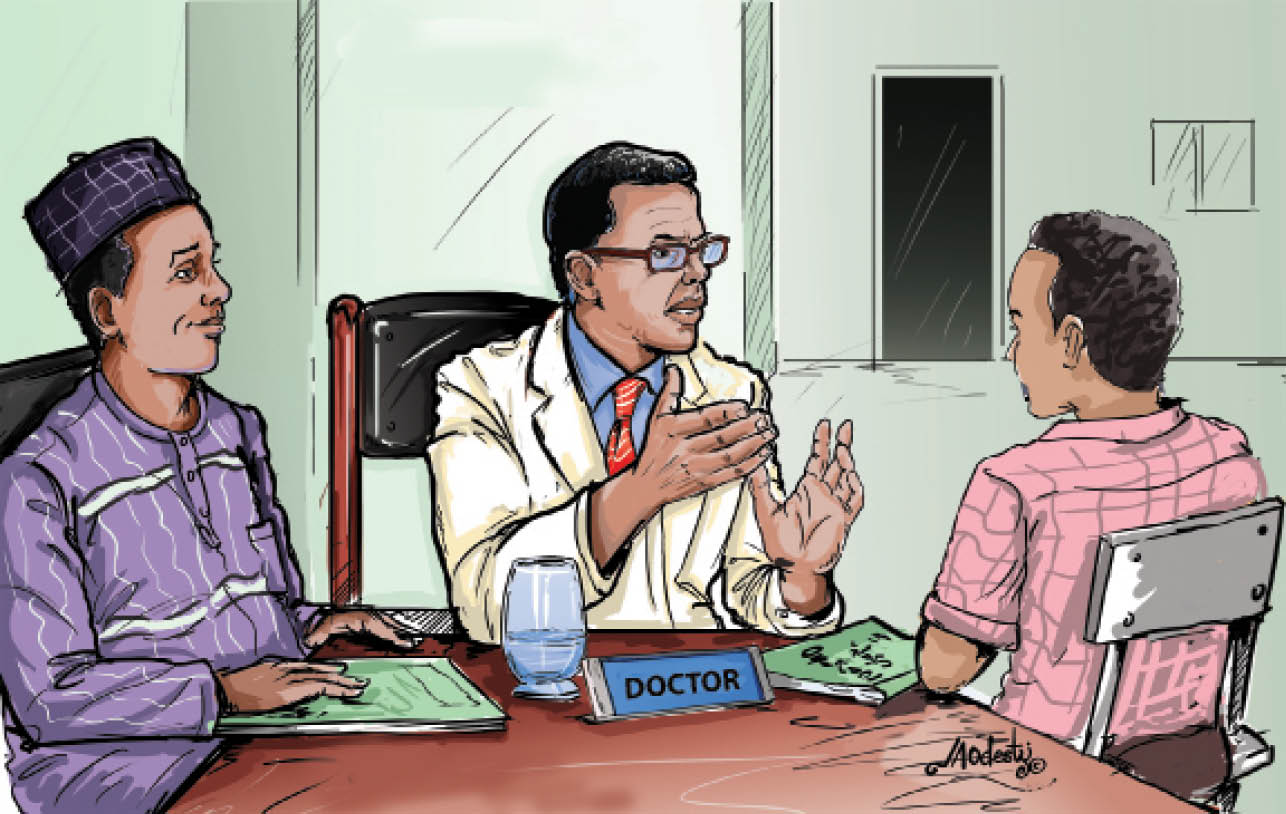Why drug resistance poses threat to public health
Drug resistance is a significant concern in healthcare as it can lead to treatment failures and increased morbidity and mortality. Drug resistance refers to the ability of microorganisms, such as bacteria, viruses and parasites, to render drugs ineffective against them. It occurs when these microorganisms develop certain genetic mutations or acquire resistance genes that enable […]

Nigerians pay through the nose as health insurance wobbles
Drug resistance is a significant concern in healthcare as it can lead to treatment failures and increased morbidity and mortality.
Drug resistance refers to the ability of microorganisms, such as bacteria, viruses and parasites, to render drugs ineffective against them.
It occurs when these microorganisms develop certain genetic mutations or acquire resistance genes that enable them to withstand the effects of drugs that were originally effective in treating the infection or disease they cause.
The development of drug resistance can occur through various mechanisms. For example, bacteria may acquire resistance genes through horizontal gene transfer, where they obtain the genetic material from other bacteria in their environment. Additionally, mutations in the genetic material of microorganisms can occur naturally and may confer resistance to certain drugs.
Pogba’s B sample confirms positive drugs test
Mufwang, address tertiary education issues in Plateau
When microorganisms become resistant to multiple drugs, it is referred to as multidrug resistance (MDR), which poses even greater challenges for effective treatment.
To combat drug resistance, healthcare professionals employ strategies such as appropriate use of antimicrobial agents, adherence to treatment guidelines, and infection prevention and control measures.
In addition, ongoing research and development of new drugs and alternative treatment options are essential to stay ahead of rapidly evolving drug-resistant microorganisms. This is as a result of the following:
Limited treatment options
When bacteria, viruses, parasites, or other disease-causing organisms become resistant to drugs, it means that the medications traditionally used to treat those infections are no longer effective.
This leaves healthcare professionals with limited or no treatment options for infected individuals, leading to prolonged illness, increased morbidity, and, in severe cases, death.
Increased healthcare costs
The emergence and spread of drug-resistant pathogens often require the development and use of new, more expensive drugs to combat them.
This increases the financial burden on healthcare systems, as these medications are often more costly and may require specialized testing or administration methods. Moreover, drug-resistant infections often require more extended hospital stays, intensive care, and additional medical interventions, leading to higher overall healthcare costs.
Delayed or failed treatments
Drug resistance can complicate and delay the treatment of infectious diseases, making them more difficult to control and manage. In some cases, the lack of effective treatment options can lead to treatment failure, allowing infections to persist and spread within communities.
Increased mortality rates
Drug-resistant infections can result in higher rates of mortality, particularly in vulnerable populations such as the elderly, children, and immunocompromised individuals. When effective treatments are lacking, the risk of complications and death from infectious diseases significantly increases.
Compromised healthcare interventions
Drug resistance can undermine essential healthcare interventions such as organ transplantations, chemotherapy, and surgeries.
These treatments often weaken the immune system, rendering patients more susceptible to drug-resistant infections. If effective treatment options are limited or unavailable, these life-saving interventions become riskier and may need to be postponed or modified.
Community spread
Drug-resistant pathogens can be transmitted from person to person or spread through the environment. The spread of drug resistance within communities, healthcare facilities, and even across national borders poses a significant public health threat.
It reduces the efficacy of public health measures like vaccination, infection control, and disease containment, making it harder to control and manage outbreaks.
In conclusion, addressing drug resistance requires a multifaceted approach that includes responsible antibiotic use, infection prevention and control measures, surveillance systems, and the development of new drugs and treatment strategies. The preservation of effective drugs is crucial to protect public health and maintain our ability to fight infectious diseases effectively.
Gurama is a fellow Doctor writing from Faculty of Pharmaceutical Sciences Gombe State University, Gombe
